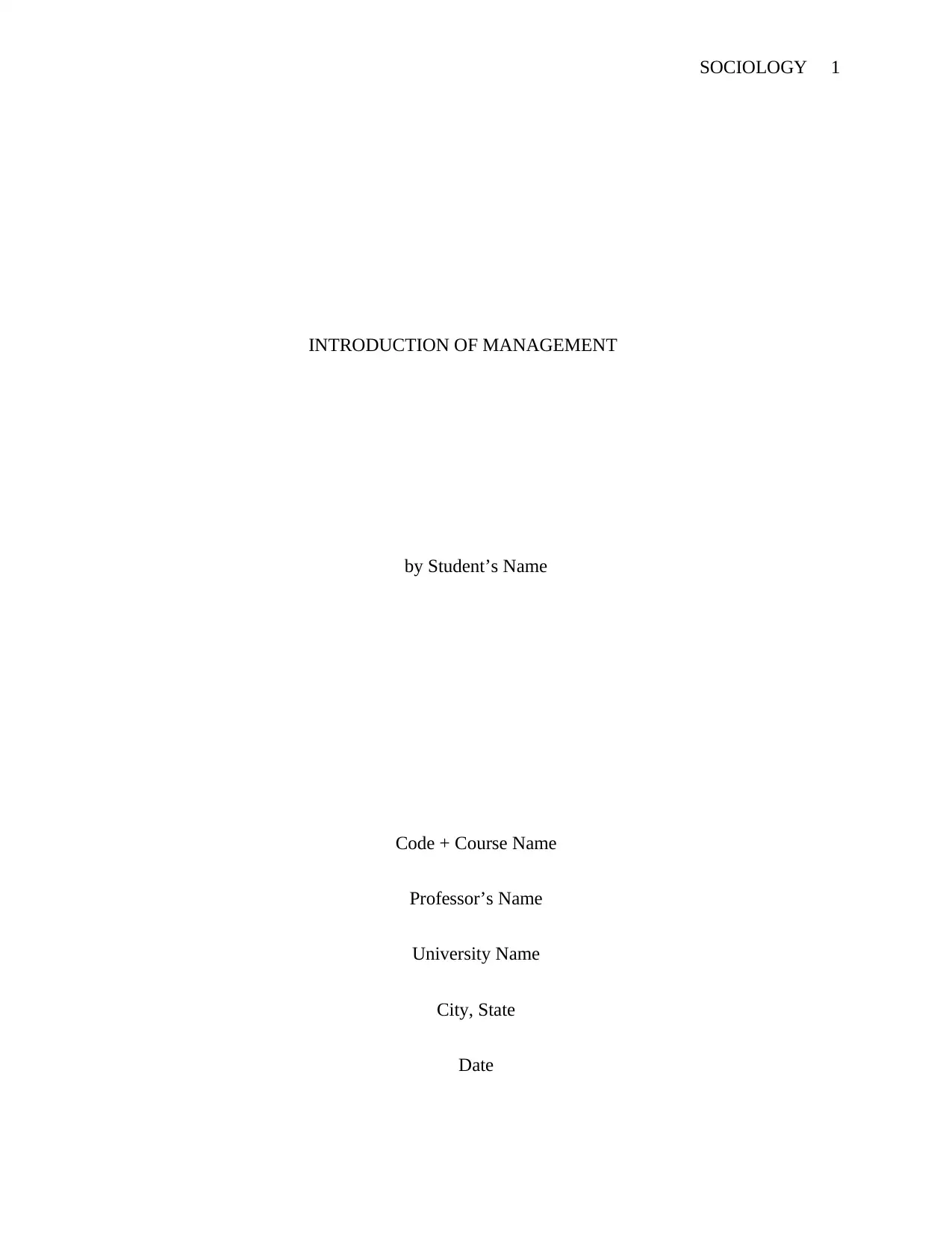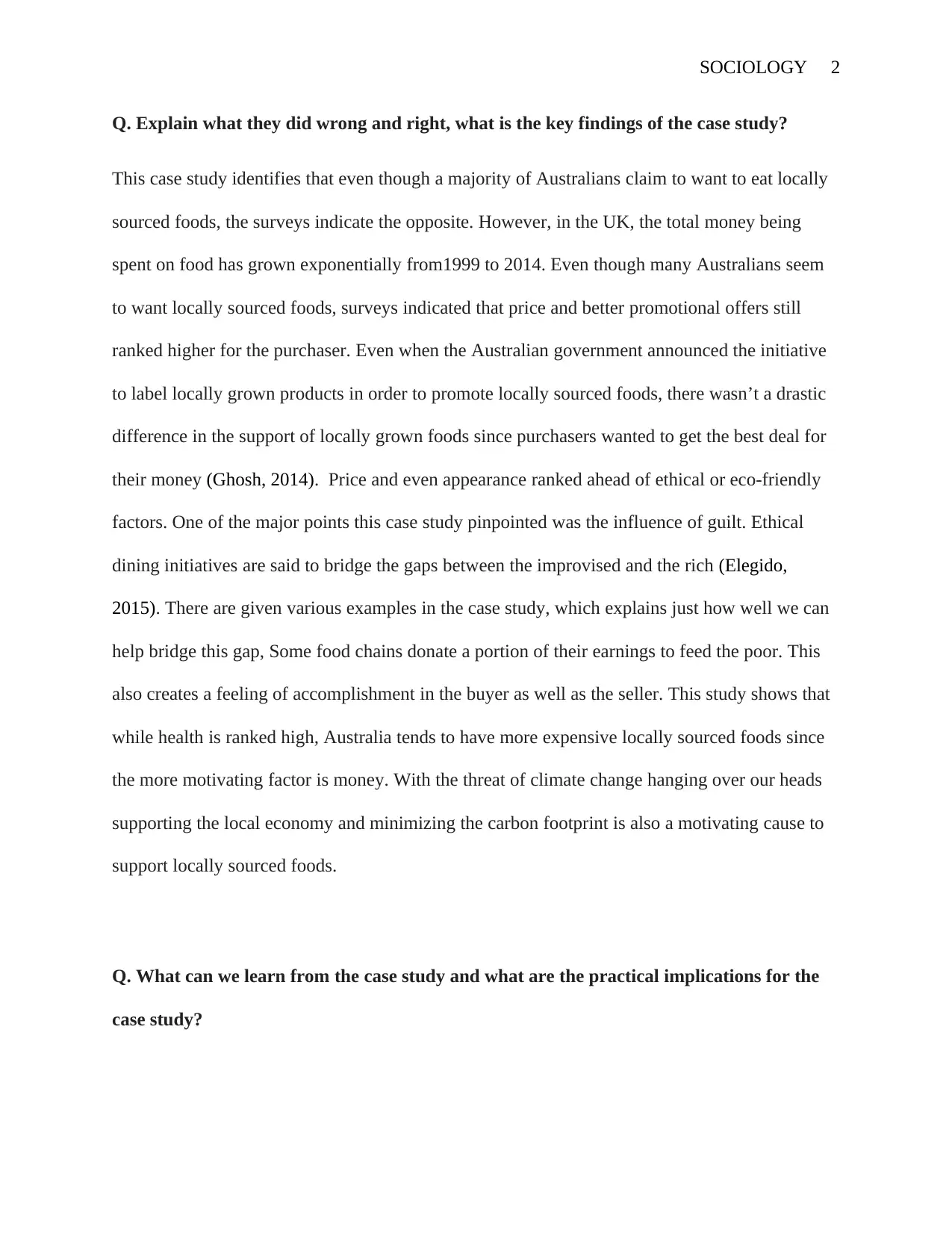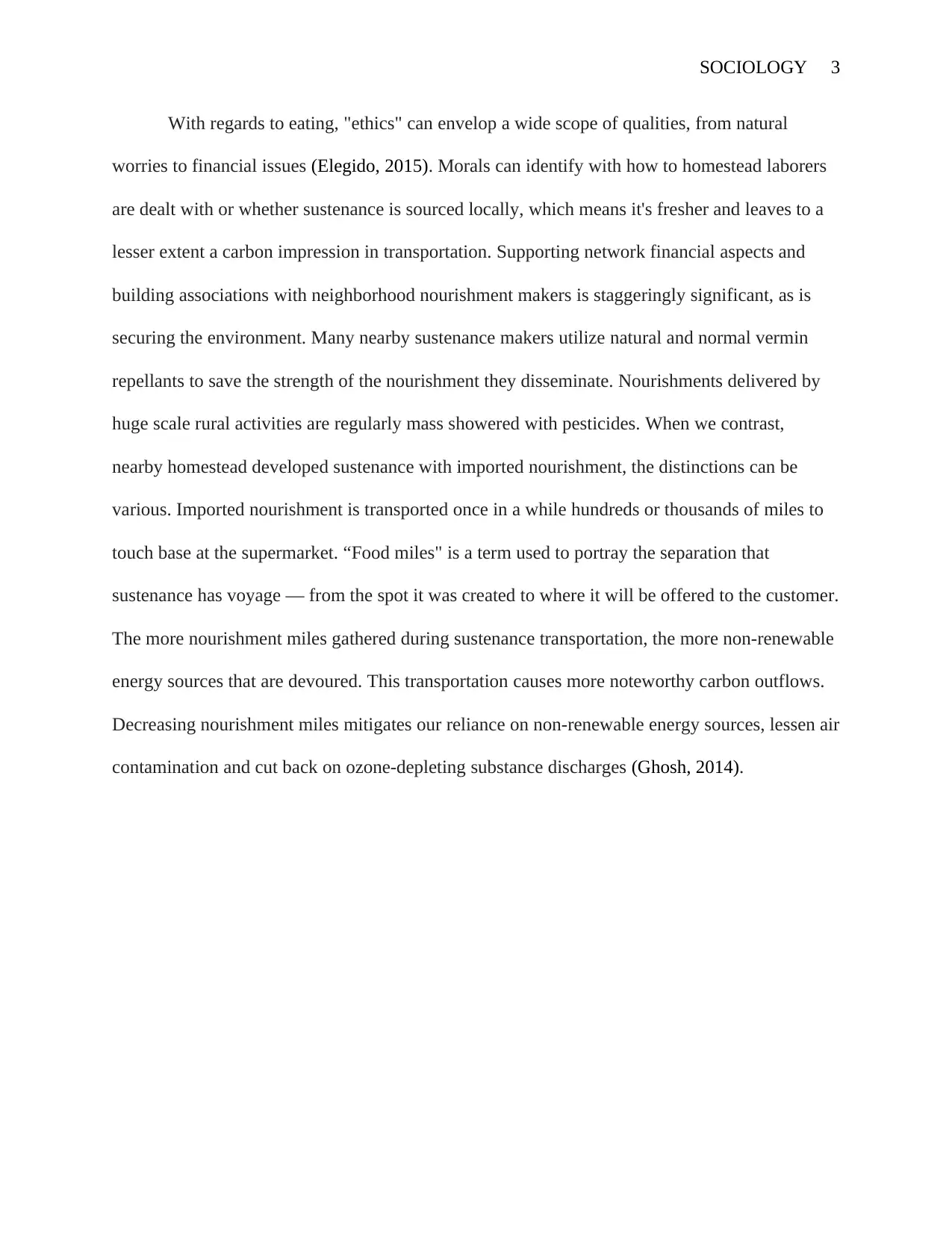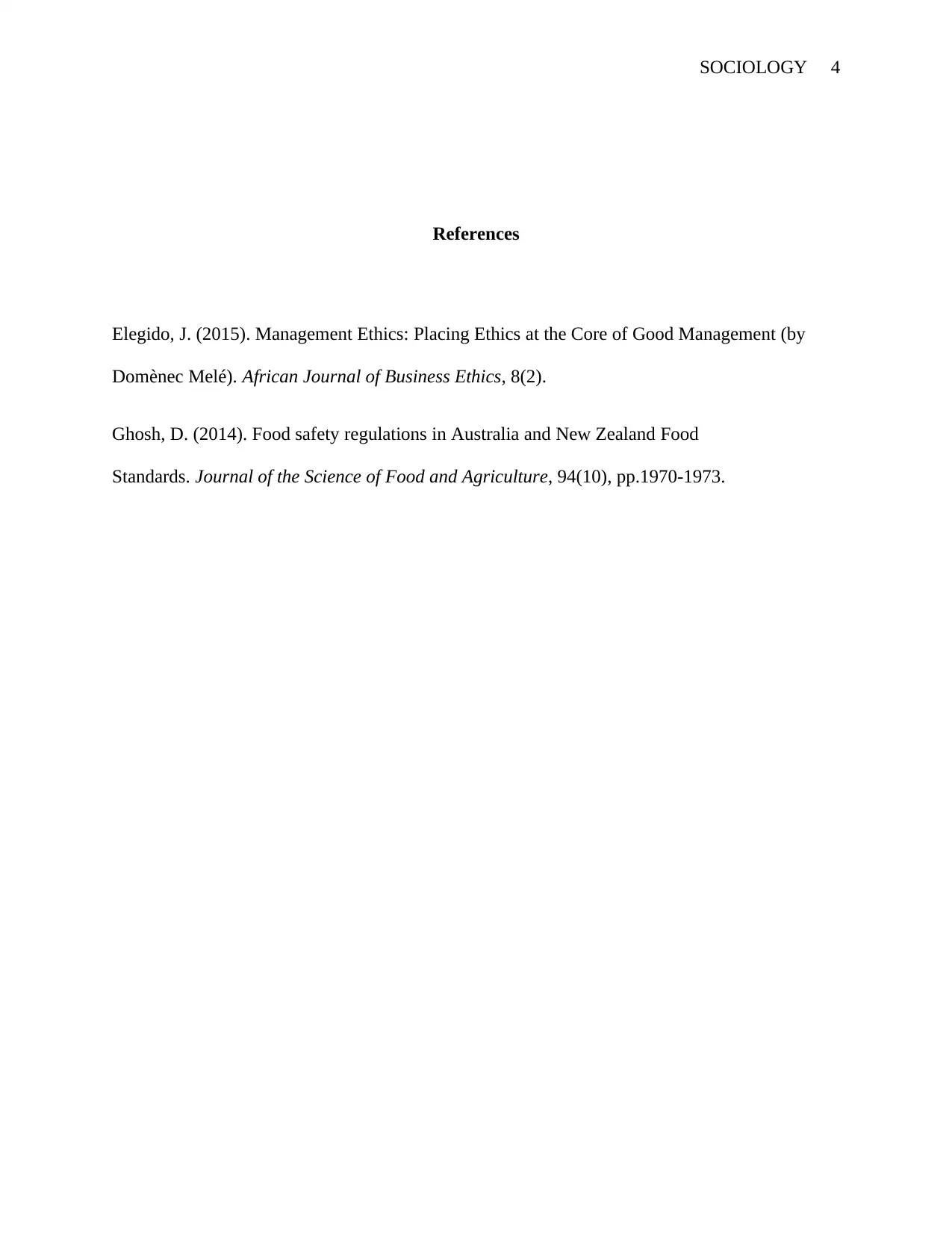This case study identifies that even though a majority of Australians claim to want to eat locally sourced foods, the surveys indicate the opposite. However, in the UK, the total money being spent on food has grown exponentially from1999 to 2014. Even though many Australians seem to want locally sourced foods, surveys indicated that price and better promotional offers still ranked higher for the purchaser. Even when the Australian government announced the initiative to label locally grown products in order to promote locally sourced foods, there wasn’t a drastic difference in the support of locally grown foods since purchasers wanted to get the best deal for their money (Ghosh, 2014). Price and even appearance ranked ahead of ethical or eco-friendly factors. One of the major points this case study pinpointed was the influence of guilt. Ethical dining initiatives are said to bridge the gaps between the improvised and the rich (Elegido, 2015). There are given various examples in the case study, which explains just how well we can help bridge this gap, Some food chains donate a portion of their earnings to feed the poor. This also creates a feeling of accomplishment in the buyer as well as the seller. This study shows that while health is ranked high, Australia tends to have more expensive locally sourced foods since the more motivating factor is money. With the threat of climate change hanging over our heads supporting the local economy and minimizing the carbon footprint is also a motivating cause to support locally sourced foods.
![[object Object]](/_next/static/media/star-bottom.7253800d.svg)
![[object Object]](/_next/static/media/star-bottom.7253800d.svg)



